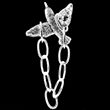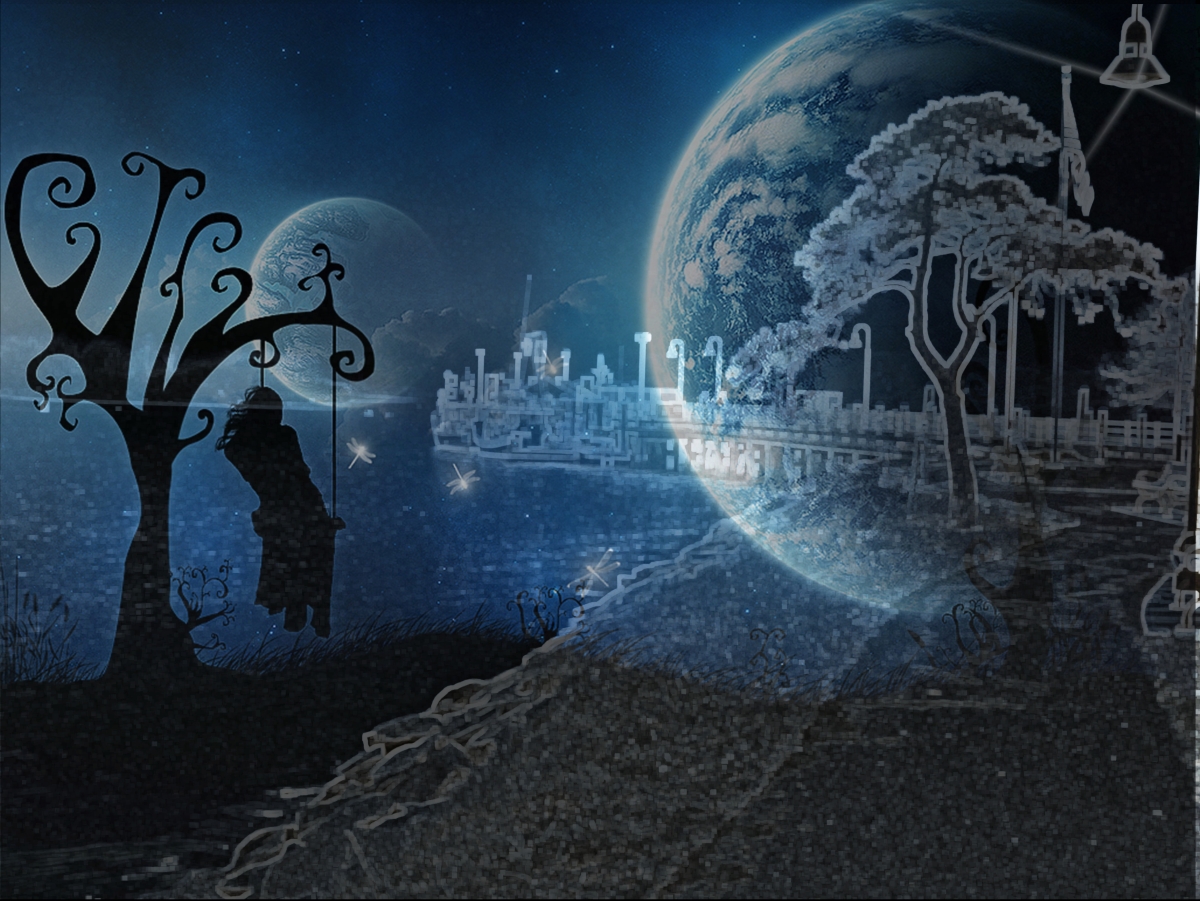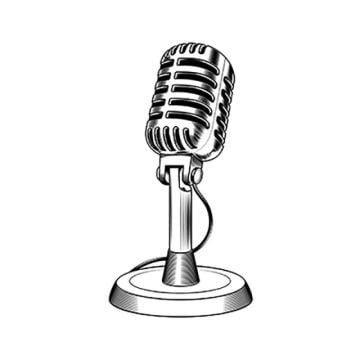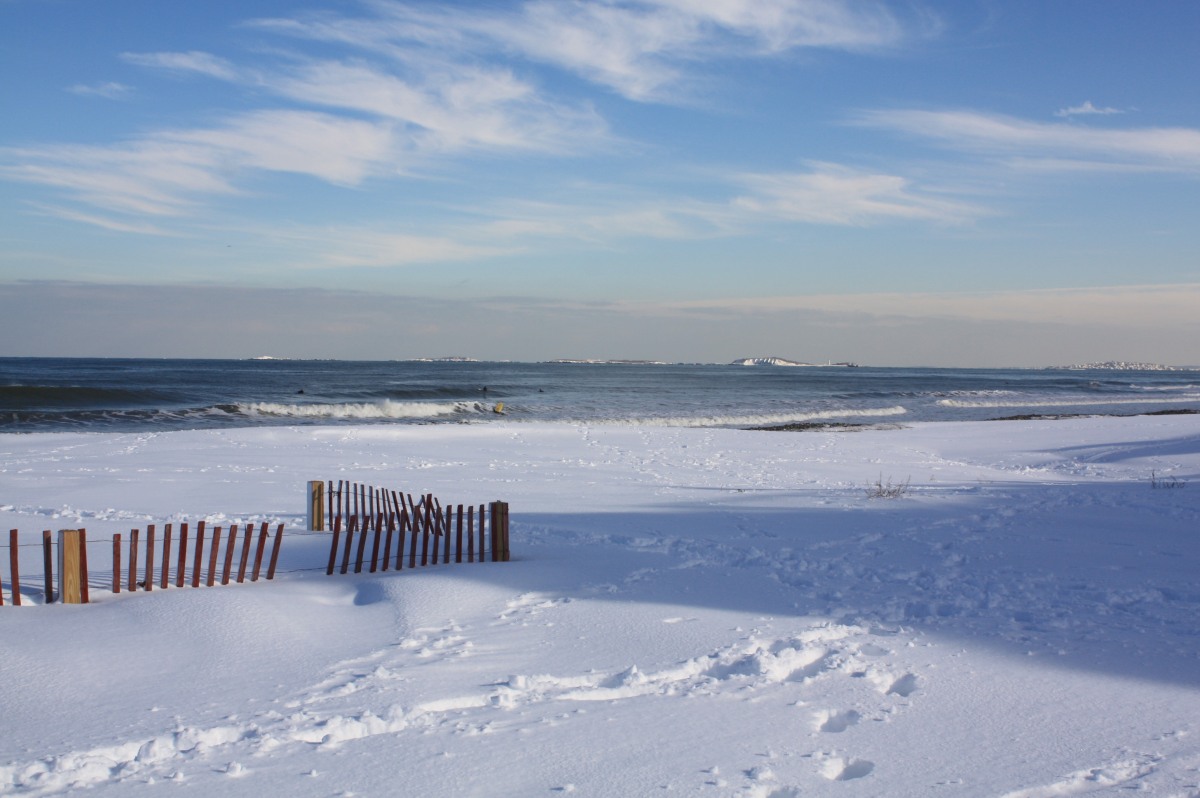As keeper of the light, I maintain contact with others who dwell in the darkest part of day, the night people. I love night people. They walk on the other side of life, often by choice,
I suppose everyone gets nostalgic around holidays. I certainly do, and I’m not even a big participant in what has become holiday madness instead of holiday joy. I love the ads that tell me how much money I can save by spending twice as much as I would have spent.
New Year’s Day especially has always been a time of reflection, gladness, and regret for me. Even as a young person, I always had that special someone or moment to look back on. As we grow older those moments become greater in importance.
I have not done live radio since 2006, and sometimes I miss it. After all, how can you not miss something you yearned for from boyhood and once had. Then I talk to friends who confirm what I already know. Radio is not the radio of my day but a homogenized, programmed system of corporate brainwashing that keeps personalities under control. I am grateful I worked in radio when it really did mean something when underground FM radio broadcasting was fun and creative.
The story that follows I wrote two years ago, but it happened over 40 years ago. I am republishing it here because it is real, and it matters, and people tell me it is one of their favorite pieces. And it is one of my special memories of Christmas.
December, around the year of ’82, 1982, wind-blown snow, middle of the night (or morning. After all, what is 3 a.m.?). The snow, the kind that sneaks up on you, slowly drifts, quietly getting deeper. It moves across a large, deserted parking lot, transforming this lonely place. This deserted piece of asphalt is being molded into the Montana or Wyoming Prairie, a perfect backdrop as Merle Haggard asks the Big City to turn him loose. Though not that far from the city of Boston, it is easy to feel cut off from the rest of the world, watching this snow fashioning beauty from desolation. I will likely not see another human for at least three more hours. I am the keeper of the light from midnight to 6 a.m. I can still see most of my car, but whether or not I’ll be able to move it when the morning comes is doubtful, even if relief is able to get to me.
As keeper of the light, I maintain contact with others who dwell in the darkest part of day, the night people. I love night people. They walk on the other side of life, often by choice, and my way of reaching them is from a country radio station operating from the basement of a small strip mall in the middle of nowhere but reaching everywhere, an AM signal that sails across flat lands and water, especially at night, and I am the only show in town, the only one playing music on the AM dial in the middle of a lost time zone.
About once a week I get a call from a cross country trucker. As he enters Rhode Island and starts to pick up my signal he calls— “The California Kid is on the line”—and this time wishes me a Happy Holiday and as usual requests a few tunes to help him reach the state of Maine a few hours away. I am his traveling companion.
I also get calls from Alice. Alice drives all over the area maintaining ATM machines, and she calls once or twice a week as she makes her rounds. I never meet Alice as she is a little like the coyotes that patrol the prairie parking lot, preferring to remain elusive. I call her Dallas Alice, from the Little Feat tune “Willin’,” which goes out to her each time she calls.
On this snowy night, Alice calls to wish me a Merry Christmas and says to wait a few minutes then look outside the door. We end the call, I queue up “Willin’,” and go up the few steps to the door. There waiting for me, already collecting snow, is a small prelit Christmas tree and a card that says, “Merry Christmas from Dallas Alice.” I see her footprints across the snow. She had parked near the entrance so she could easily get back on the main road.
I never met Alice, but she left footprints in my mind, and I never met the California Kid, but we road many a lonely highway together. A woman named Alice, Dallas Alice, and the lonely trucker, the California Kid, on a cold snowy night so many years ago, gave me a lifetime of Christmas smiles.





Leave a comment